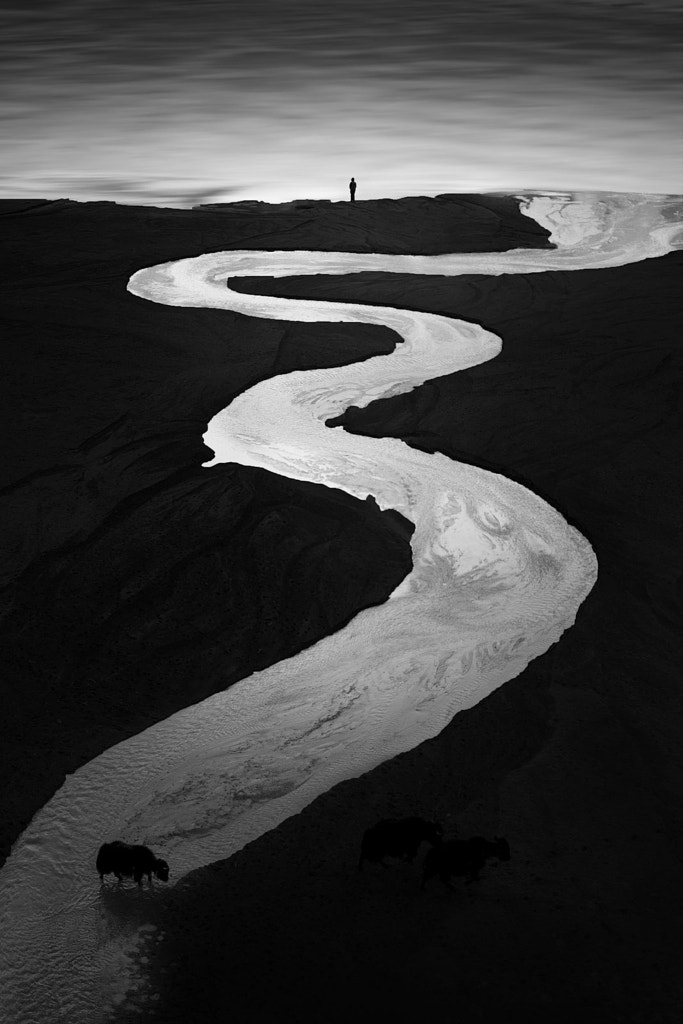A story from 18 Years Ago - Death of a whistleblower - Mark who nicknamed me Bouncing Cheque
A series of damning headlines had raised the pressure in Australia's halls of power.
Inside Parliament House in 2018, it was public servants, not politicians, who were feeling the heat.
The Department of Parliamentary Services had decided to find the source of leaks to senators and the press, after revelations about a string of controversies had made their way from the secretive confines of the building into Senate estimates hearings and national newspapers.
They had exposed problems inside the department - embarrassing its officials and raising questions about its handling of major contracts and security alerts.
In one episode revealed through Senate estimates questioning, a senior security executive had tasted a suspicious "white powder" to determine it was not a hazardous threat. The incident raised questions about the judgment of its staff handling potential emergencies
Senate estimates hearings had also revealed the agency lost a 1000-page document, which held confidential information about Parliament House's $126 million security upgrades.
National newspapers had joined the fray, revealing questions had been raised over the "lifestyle" choices of the contractor responsible for the delayed multi-million dollar upgradesthat blew the department's initial budget for the project.
Somewhere, information was reaching senators and journalists. The department, and its secretary Rob Stefanic, moved to plug the leaks.
One whistleblower fell afoul of the DPS' clamp-down and lost his job when the department intercepted his attempted disclosure to a senator.
Many of the details of the saga remain under lock and key after a federal court judge ruled they be subject to a suppression order.
The incident has raised questions about protections for whistleblowers and prompted renewed calls from legal and human rights experts for an urgent overhaul of Australia's whistleblower laws - a task recognised by both Labor and Coalition figures as overdue.
The New York Times: “In The Divider: Trumpin the White House, 2017-2021, by Peter Baker and Susan Glasser, political journalists keep their cool as they chronicle the outrageous conduct and ugly infighting that marked a presidency like no other. If “The Divider” has a dominant theme, it may be the struggle within the “almost cartoonishly chaotic White House” by people more reasonable and ethical than Trump to rein in his most dangerous instincts. Because everyone had different ideas about where to restrain and where to encourage Trump, the White House became a den of “ongoing tribal warfare,” they write — an “Apprentice”-style reality-TV show in which the parties vied to win Trump’s favor and outlast their rivals, even while at times sabotaging the president’s agenda as they saw fit. How Times reporters cover politics. We rely on our journalists to be independent observers. So while Times staff members may vote, they are not allowed to endorse or campaign for candidates or political causes. This includes participating in marches or rallies in support of a movement or giving money to, or raising money for, any political candidate or election cause…The backbiting — and the sub rosa efforts to thwart their own president — led to constant personnel turnover, a dreary parade of firings, resignations and defenestrations. Trump would cashier one aid in favor of someone more compliant, only for the new guy to find that Trump was even more willful and heedless of rules than he had dreamed. Time and again, staffers debate whether to stay put in hopes of mitigating Trump’s basest impulses or to run screaming from the room. Even more stunning is the number of onetime loyalists who, after their tours of duty, emerged as among the president’s most strident critics…”
Greenland is losing ice faster than forecast and now irreversibly committed to at least 10 inches of sea level rise – Alun Hubbardis a field glaciologist who has worked on ice sheets for more than 30 years. The past few years in particular have been unnerving for the sheer rate and magnitude of change underway. Current teachings that ice sheets respond over millennial time scales is definitely not what we’re seeing today. If every year were like 2012, when Greenland experienced a heat wave, that irreversible commitment to sea level rise would triple. That’s an ominous portent given that these are climate conditions we have already seen, not a hypothetical future scenario
Review of Berlin: Life and Death in the City at the Center of the World, by Sinclair McKay
… after the western zones were combined into West Berlin, the gulf between the quality of life in the city’s two halves grew steadily. The Berlin Airlift of 1948–1949, a heroic response to a Soviet attempt to cut off supplies to West Berlin, only intensified the feeling among West Berliners that Americans had their backs: “Where the Soviets moved with cruelty . . . the Americans were seen to be bringing joy to the children of their former enemies.” Yet for all the Americans had done for them, one of the chief complaints by West Berliners by the time the 1950s rock-and-rolled around was that “alien” and “vulgar” American pop music was poisoning their culture. Nor did they hide their racism toward black American performers. You would think they would have been embarrassed to express such sentiments so soon after the Holocaust, but no. It was almost as if, having been lifted by America back to a position of dignity and self-respect, they were returning to master-race form and looking upon their saviors with the same old arrogance and contempt. (This is a phenomenon I’ve often reflected on when visiting Germany; I wish McKay had devoted more time to it.)
